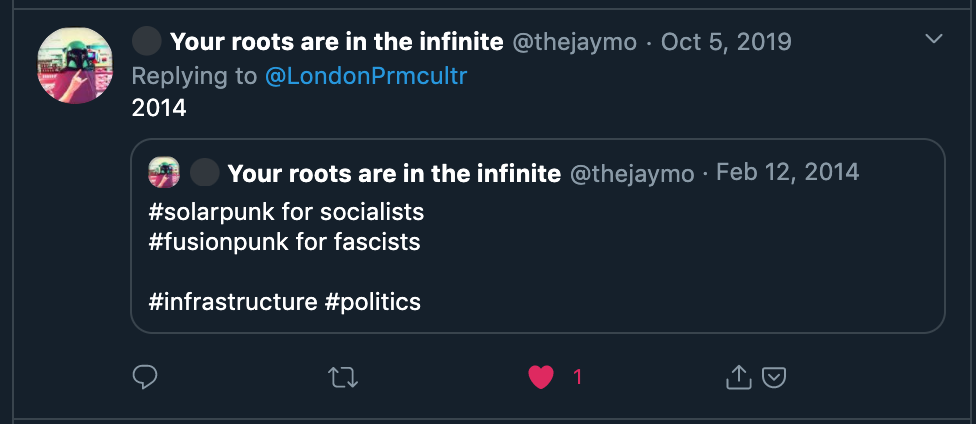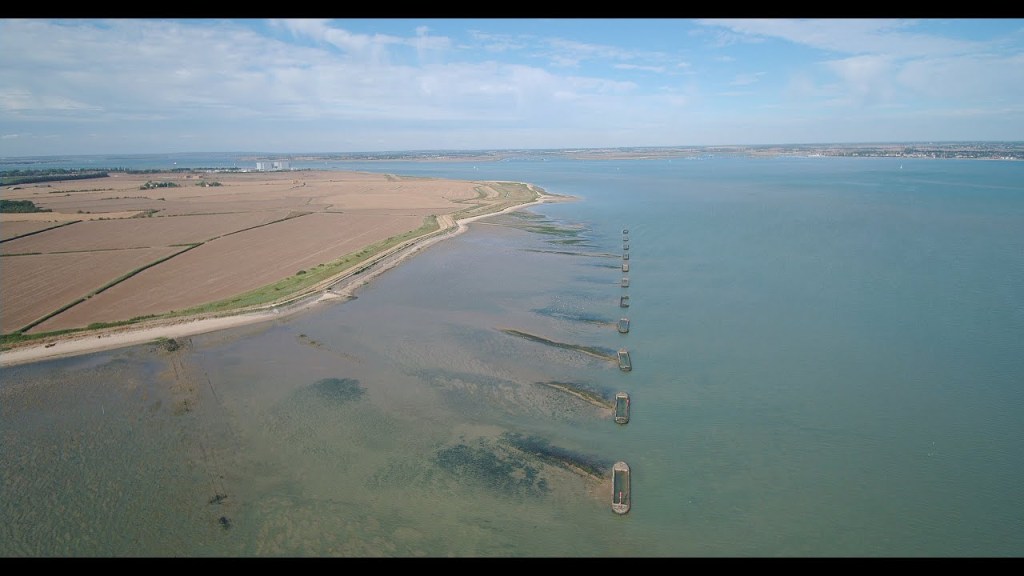
‘They’ are planning a new nuclear power station around here – but who are they?
The two investors in the Bradwell B project are GGN and EDF group. Initials disguise the full names from quick inspection, but it’s worth following the money.
CGN is China General Nuclear Power Group, aka 中国广核集团, formerly China Guangdong Nuclear Power Group aka 中国广东核电集团, is a state-owned energy corporation directly controlled by the government of the People’s Republic of China.
EDF group is Électricité de France S.A., a French multinational electric utility company, largely owned by the French state.

There was a point in time when conservative voices thought this kind of important national infrastructure should be owned by the British state on behalf of the public, with any profits remaining in the United Kingdom. The Conservative Party gave up on that a long time ago though.
Right now, if you live around here and you’re on the grid, no matter which supplier you pay your electricity bills to (nor how they produce it), part of that payment goes to UK Power Networks who own and maintain the electricity cables and lines across London, the South East and East of England.
UK Power Networks sounds like a piece of important national infrastructure which is surely owned by a British company if not the British state on behalf of the public, with any profits remaining in the United Kingdom – isn’t it? Well no, UK Power Networks is owned by Cheung Kong Infrastructure Holdings aka 長江基建集團有限公司 of Hong Kong (40%), Power Assets Holdings aka 電能實業有限公司 also of Hong Kong and a subsidiary of Cheung Kong Infrastructure Holdings (40%), and The Li Ka Shing Foundation aka 李嘉誠基金會 of Hong Kong (20%).
If you live around here and you’re on the grid, then you pay water bills to two companies: Essex & Suffolk Water for water supply and Anglian Water for sewerage services. It’s a bit of pain having to deal with two companies and pay two different bills – but with those names at least we’re dealing with regional companies, right? WRONG! Essex & Suffolk Water is part of the Northumbrian Water Group – still at least it’s British ownership, right? No, Northumbrian Water Group is owned by CK [Cheung Kong] Hutchison Holdings Ltd, a Cayman Islands-registered multinational conglomerate, headquartered in Hong Kong – majority owned by the Li family of Hong Kong, but with minority holdings by investment groups from the USA, Norway, Singapore, Hong Kong and Japan.
Anglian Water meanwhile is owned by AWG plc, itself owned by the Osprey Consortium – made up of made up of the Canada Pension Plan Investment Board, Colonial First State Global Asset Management of Australia, Industry Funds Management of Australia and 3i Group.
Want to use Harwich International Port? Well, expect any profits on your transaction to go to the port’s owners Hutchison Port Holdings Limited aka 和記港口集團有限公司 a private holding company incorporated in the British Virgin Islands. The port operator group is a subsidiary of our old friends… CK Hutchison Holdings.
Maybe you want to use the Port of Tilbury instead? That’s owned by Edinburgh based Forth Ports – but Forth Ports are owned by the Public Sector Pension Investment Board. Investing public sector pensions in national infrastructure sounds like a good idea! Only it’s not UK public sector pensions… The Public Sector Pension Investment Board is a Canadian Crown corporation.
What about the London Gateway Port over by Stanford Le Hope instead then? That’s owned by DP World, an Emirati multinational logistics company based in Dubai, United Arab Emirates.
Stansted Airport? Over a third of it is owned by IFM Investors, an Australian investment management company. The rest is owned by the council as an investment vehicle. Not Uttlesford District Council or Essex County Council mind, but the ten metropolitan borough councils of Greater Manchester.
Southend Airport? Owned by Esken Limited – British, but registered in Guernsey for tax purposes – I doubt the purpose is to provide more funds for the public purse.
Going to Lakeside Shopping Centre? That’s owned by Global Mutual – a European and U.S. real estate business specialising in real estate investment and management on behalf of institutional and private capital.
What about all that farmland around here? A lot of that still carries that old Essex name Strutt & Parker Farms – but as I’ve noted before that’s now owned by Robigus, a private company acting as a finance vehicle for European investors.
There’s not much sovereignty in all this. Profits are leaking out of the county to foreign countries, some to other nation states to the benefit of their citizens, others via tax havens into the pockets of transnational corporations and the super-rich. Basic utilities are out of our control. Who owns our drinking water? Not us.
It’s often repeated that the UK is the sixth-richest country in the world based on the total size of GDP (it’s actually more complicated than that), and it’s certainly one of the wealthiest countries in those terms – but where’s the money going and to who? Is the current ownership of assets compatible with a flourishing regional economy? or does it work against it, stripping away money that could cycle locally and be reinvested in place? Can we live here sustainably if don’t govern our own resources?





